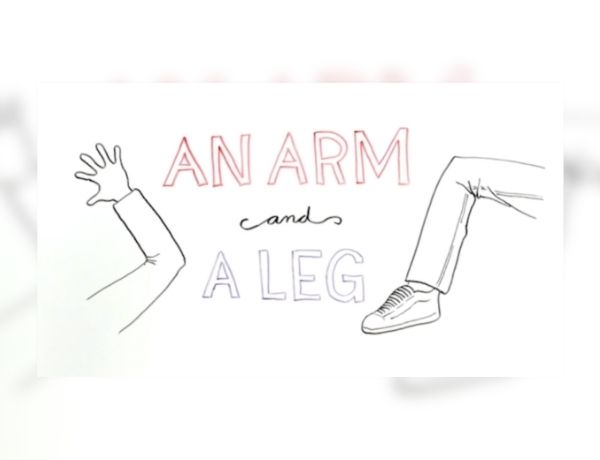Rollover Unused 529 Funds to a Roth IRA
The SECURE Act 2.0 created a provision to allow people to rollover unused funds from a 529 college savings account to a Roth IRA. Starting in 2024, beneficiaries of 529 college savings accounts are permitted to do a tax-free rollover to a Roth IRA. Prior to this provision, if 529 funds were not used for educational purposes, earnings withdrawn were subject to income tax and a 10% penalty.
There are some rules and limitations:
- The 529 account must have been open for at least 15 years. No word from the IRS if the 15-year period resets if the beneficiary is changed.
- The rollover cannot include any contributions made in the last 5 years.
- The total amount rolled over cannot exceed the annual IRA contribution limit ($6,500 for 2023 and $7,000 for 2024). The annual amount eligible for rollover is reduced by any actual traditional or Roth IRA contributions made for that year.
- There is a lifetime limit of $35,000 per beneficiary on rollovers, but this can be maxed out for multiple beneficiaries if they each have a 529 account.
In 2024, you can potentially double up by making a rollover for both 2023 and 2024, but only if the 2023 rollover is completed by April 15th, 2024. While the law did not specify this strategy, the IRS has stated in the instructions for Forms 1099-R and 5498 “A distribution made after December 31, 2023, and before April 15, 2024, that is rolled over to a Roth IRA by April 15, 2024, and designated for 2023 would be reported as a Roth IRA contribution for 2023.”1
If you have questions about this strategy, 529 Plans, Roth IRAs or other wealth planning strategies, please reach out to schedule a time to talk.
1. https://www.irs.gov/pub/irs-prior/i1099r--2023.pdf
Before deciding whether to retain assets in a 401(k) or roll over to an IRA, an investor should consider various factors including, but not limited to, investment options, fees and expenses, services, withdrawal penalties, protection from creditors and legal judgments, required minimum distributions and possession of employer stock. Please view the Investor Alerts section of FINRA website for additional information.



